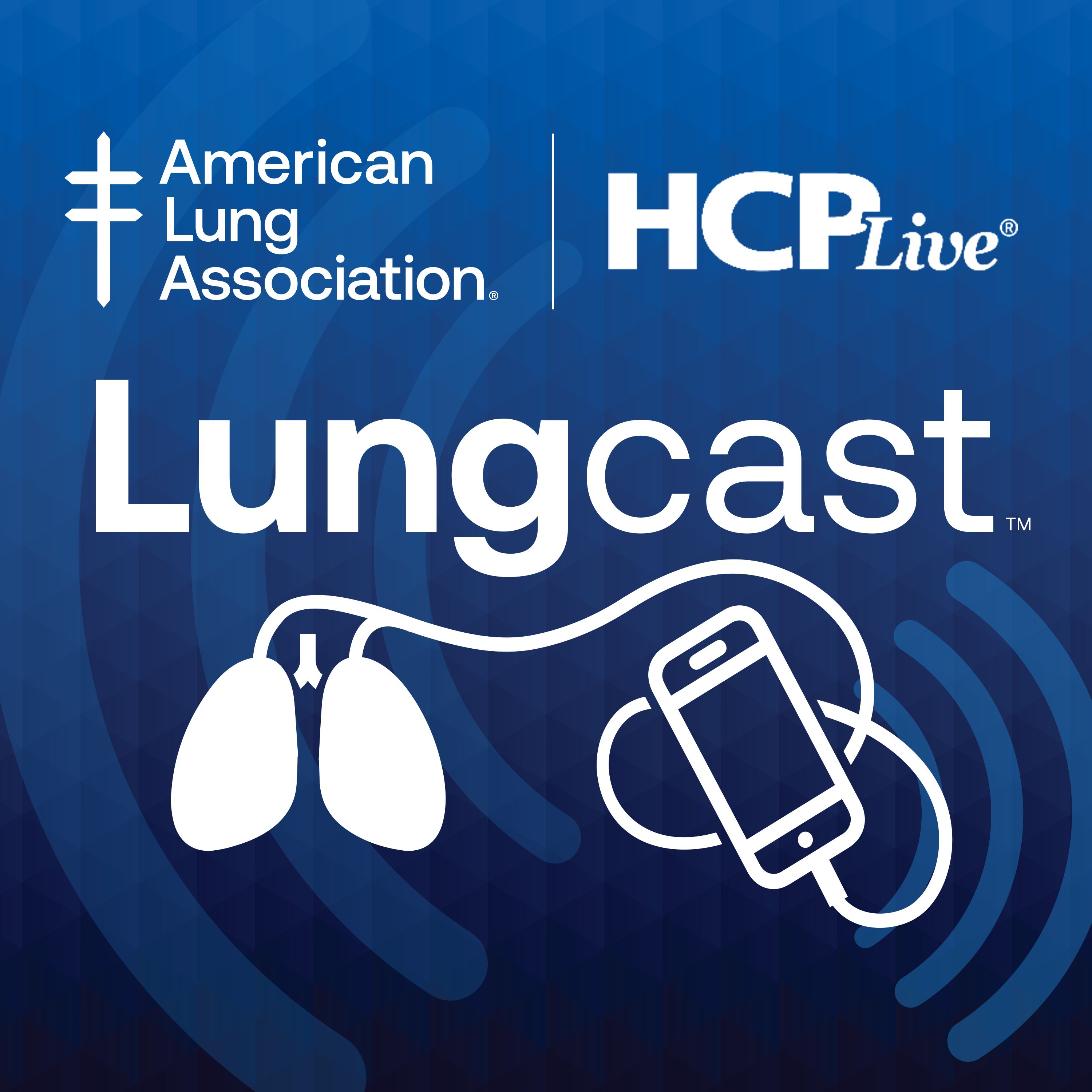Article
Avadel Announces Publication of Phase 3 Data on FT218 for Narcolepsy
Author(s):
New data shows that FT218 demonstrated clinically meaningful improvements regarding disrupted nighttime sleep compared to placebo in adults with narcolepsy.

Today, Avadel Pharmaceuticals announced the publication of secondary endpoint data from phase 3 of the REST-ON trial of FT218, a once-nightly investigational formulation of sodium oxybate intended for the treatment of excessive daytime sleepiness (EDS) or cataplexy in adults with narcolepsy.
The new data supported the primary endpoint data from the completed phase 3 trial, which indicated that FT218 positively affected daytime and nighttime symptoms of narcolepsy.
Previous research was presented at the World Sleep 2022 congress in Rome, Italy.
In an interview featured on the DocTalk podcast, Michael J. Thorpy, MD, director of the Sleep-Wake Disorders Center at Montefiore and a primary investigator of the REST-ON study, spoke of the benefits of the formulation for patients with narcolepsy.
“FT218 is a new formulation that allows for the drug to be given with a single dose at the beginning of the night,” said Thorpy. “So, patients don't have to wake up to take a second dose.”
In the double-blind, phase 3 REST-ON trial, a total of 190 participants 16 years and older were randomly assigned 1:1 to either the FT218 or placebo groups.
A total of 97 patients were treated with FT218 - specifically, either 4.5 g for 1 week, 6 g for 2 weeks, 7.5 g for 5 weeks, and 9 g for 5 weeks.
Secondary endpoints included polysomnographic measures of sleep stage shifts and nocturnal arousals and patient-reported assessments of sleep quality and refreshing nature of sleep at 6, 7.5, and 9 g.
Data indicated that all 3 doses demonstrated a clinically meaningful and statistically significant decrease in the number of transitions to wake/N1 from N1, N2, and rapid eye movement (REM) stages (all doses P< 0.001) and nocturnal arousals when compared to placebo.
Furthermore, sleep quality and refreshing nature of sleep were significantly improved with all evaluated doses compared to placebo (P<0.001), and a post-hoc analysis detailed significant improvements in disrupted nighttime sleep regardless of concomitant stimulant use.
A marketing application for FT218 is currently under review by the Food and Drug Administration. Regarding future research into the formulation, Thorpy was hopeful that additional studies would focus on younger patients affected by narcolepsy.
"One of the things about narcolepsy is at the median age of onset of narcolepsy of 16 years,” Thorpy said. “So, I'm hoping that the company would look at it and children, because oxybate in where it's taken twice at night is available for children from 7 years and up. So I'm hoping that this company will consider doing a pediatric study so that we can get everyone treated with (FT218), even children.”





